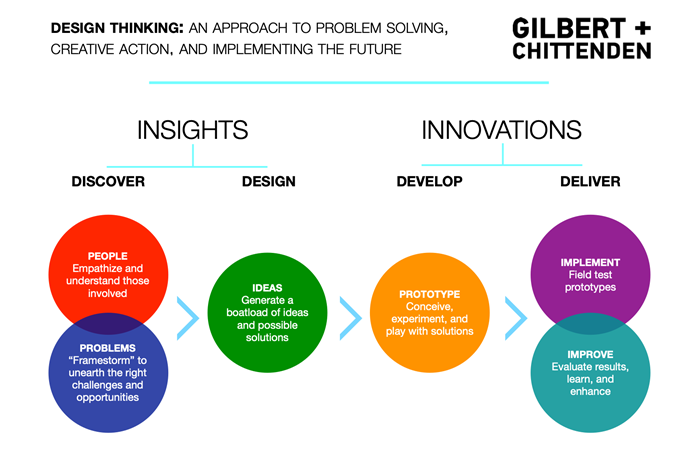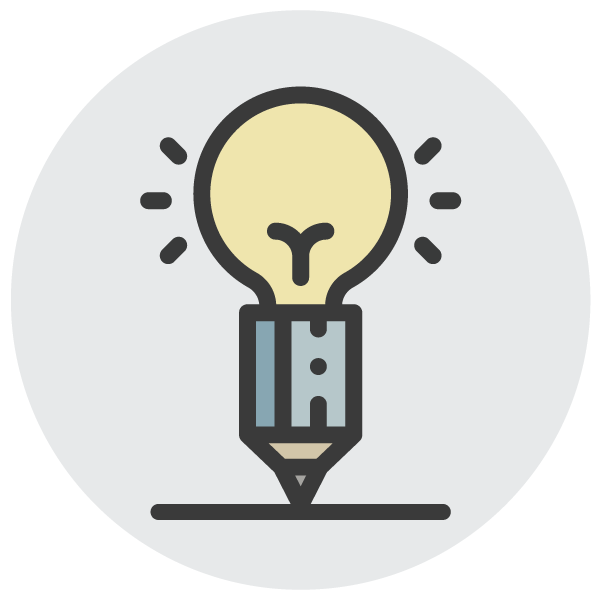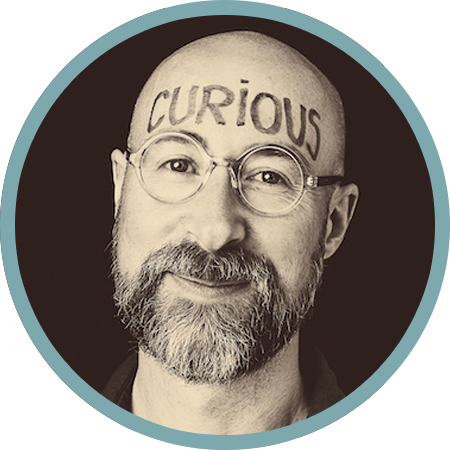During the COVID-19 pandemic, people spent a lot of time isolated and indoors, which helped foster an environment where some people now feel lonelier than ever. The result is a loss of social connectedness—the degree to which people feel the social connections and relationships in their lives to satisfy their wants and needs. When social…
Your Welcoa membership has expired.
Design Thinking for Well-Being
“Inspired and dejected,” was how Kylee described to me her experience while at the WELCOA Summit 2017. I was attending that conference as the “Summit Conversationalist.” My role was to help attendees make the most of their Summit learning experience by asking what they hoped to learn, what they wanted to experience, and whether they had identified how they might apply what they had learned to their work or personal context. Kylee’s reaction reflected that some attendees found their context for wellness – biometric testing, health risk assessments, tactical wellness programs – were on shaky foundations. Kylee was being told that these were good initiatives, yet they were failing to meet the bigger, deeper challenges for well-being, which required a greater focus on the spiritual and psychological aspects of our lives.
What do you do when you know that “this is the way we’ve always done it” is not going to work anymore? What Kylee learned at the WELCOA Summit 2017 is only more pressing now as post-pandemic possibilities come into focus. How do you begin moving forward, perhaps from a different starting point and in a different direction? Organizations of all sizes have the chance to move beyond old approaches to today’s wellness challenges and embrace a fresh potential for impact using a design thinking methodology.

At the outset, the process requires us to reframe what we think the problem is by a closer understanding of the people affected. We must be curious, open, and empathetic. Asking better questions and engaging with others is a simple way to do this, which was a part of my function as the Summit Conversationalist. It offers a way to reframe perspectives on problems and opens a different pathway to solve people’s well-being challenges and to see opportunities.
Reframing problems allows us to get creative on better solutions. Ideas don’t have to be big. One of my clients, a community arts nonprofit organization, identified a communication problem, characterized by a lack of dialogue and misunderstandings. After some reframing, they realized that a notional open-door policy was a closed-door actuality, caused by the heaviness of the doors and slickness of the concrete floor! Their $10 solution – new (and artistic) door stops.
“If I had an hour to solve a problem, I’d spend 55 minutes thinking about the problem and 5 minutes thinking about the solutions.”
-Albert Einstein
By using a design thinking approach, you’ll be empowered to stretch creatively, see possibilities afresh, and envision multiple ways to make an impact.

Design Thinking for Well-Being
Learn more on this topic from Stuart Chittenden in his on-demand training Design Thinking for Well-Being in the WELCOA Institute. This training will introduce the design thinking method, cover some of its key principles, and discuss how to apply those principles and some tools to real challenges.
START THE COURSE »
Stuart produces and hosts a community radio talk show: Lives Radio Show & Podcast, is a member of the UK’s Chartered Institute of Personnel & Development, has spoken at three TEDx events, and is a published poet.




